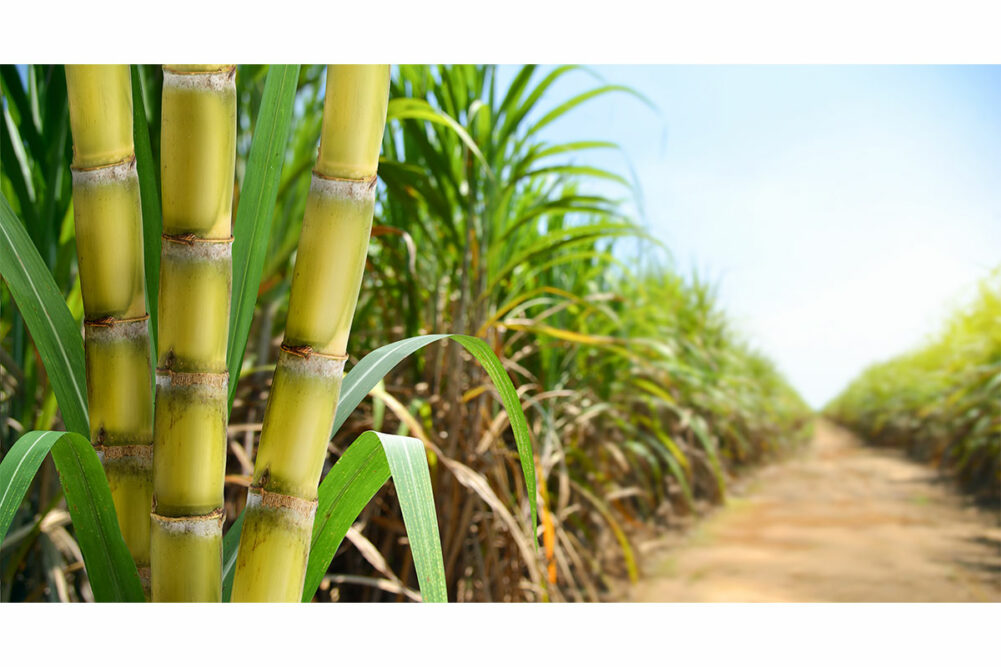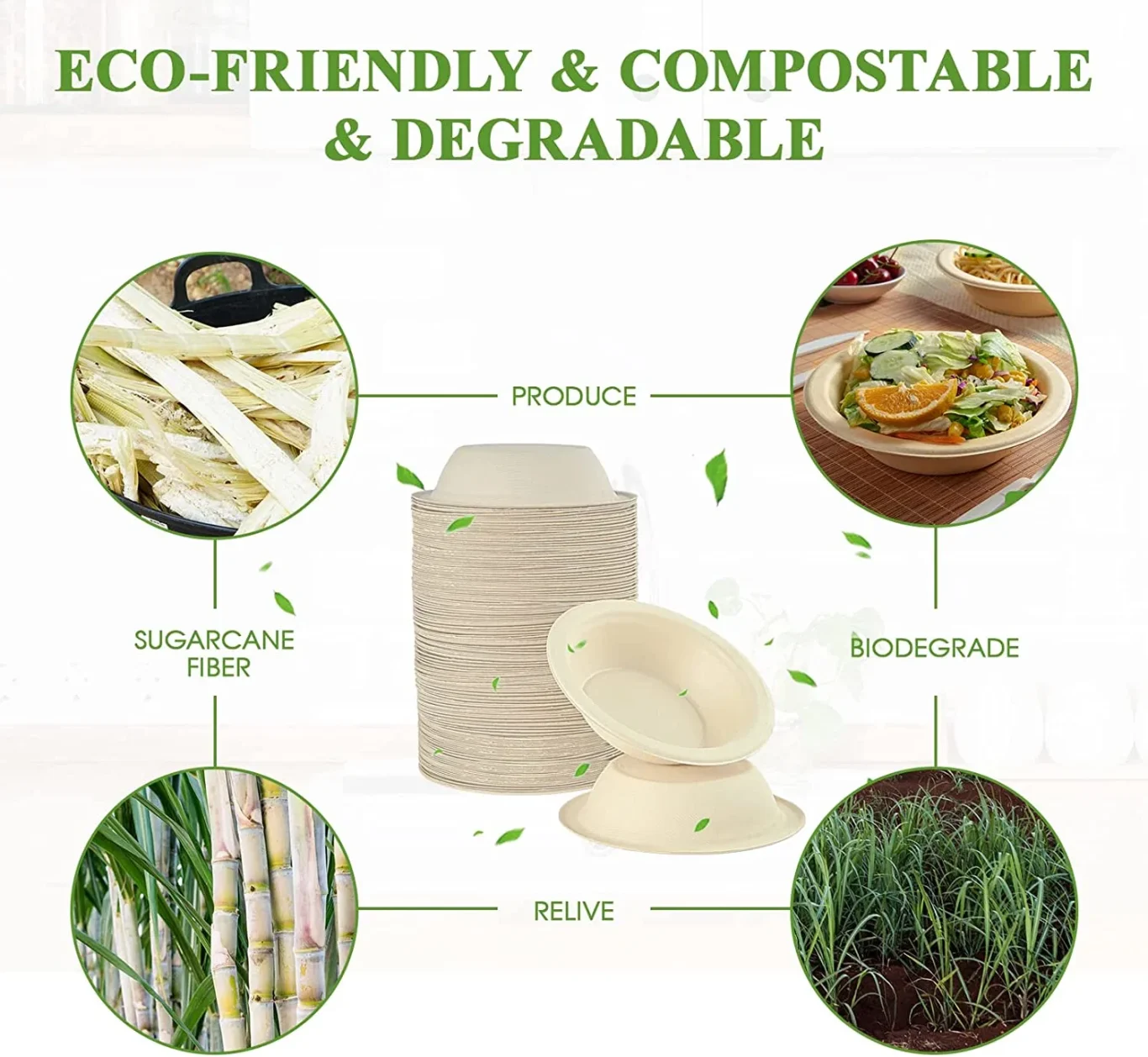The Growing Popularity of Sugarcane Product in the Cruelty-Free and Plant-Based Markets
The Growing Popularity of Sugarcane Product in the Cruelty-Free and Plant-Based Markets
Blog Article
Checking Out Sugarcane Products: Versatile Makes Use Of and Profits
The expedition of sugarcane products exposes a remarkable array of applications that extend well beyond the familiar world of sugar. This versatile plant works as a foundation for a variety of food, industrial products, and also sustainable energy services. Moreover, its byproducts use considerable environmental advantages and health and wellness advantages that merit focus. As we examine the diverse contributions of sugarcane, one might ask yourself how these varied uses can reshape sectors and way of lives in a quickly developing world.
Overview of Sugarcane
Although sugarcane is frequently associated largely with sugar production, it is a versatile plant with a rich background and many applications. Cultivated in exotic and subtropical regions, sugarcane grows in well-drained dirts and cozy environments, adding substantially to several economies worldwide. This perennial lawn, belonging to the category Saccharum, can grow to elevations of up to 4 meters, showcasing its robust nature.
Beyond its main duty in sugar extraction, sugarcane offers as an important source for various byproducts. The fibrous residue, called bagasse, is utilized for generating bioenergy and as a raw material for producing paper and biodegradable items. Additionally, molasses, a spin-off of sugar refining, is abundant in nutrients and generally used in animal feed and fermentation procedures.
Sugarcane also plays a significant function in conventional medicines and cultural methods in several regions, showing its relevance past business use (sugarcane product). In addition, with the increasing focus on sustainable agricultural methods, sugarcane is being discovered for its potential in biofuels and carbon capture, placing it as a vital gamer in the change in the direction of eco-friendly power sources. Thus, the adaptability of sugarcane extends far past the boundaries of sugar production
Sugarcane in Food Products


Beyond sugar, sugarcane is the source of energy-rich products such as jaggery and panela, which are conventional unrefined sugars made use of in many cultures. These products not just sweeten foods but additionally impart nutritional advantages and special flavors.
Sugarcane juice, a revitalizing beverage appreciated in many exotic regions, showcases the plant's versatility. It is commonly consumed fermented or fresh into alcoholic drinks like rum.
Additionally, sugarcane fibers, called bagasse, are occasionally utilized to produce food product packaging materials, highlighting the eco-friendly benefits of sugarcane processing. Generally, sugarcane's contribution to food items is multifaceted, improving tastes, providing dietary value, and playing a substantial role in culinary customs worldwide.
Industrial Applications of Sugarcane
In various industries, the adaptability of sugarcane expands far past its culinary applications. Sugarcane works as a critical resources in the manufacturing of biofuels, especially ethanol, which is significantly used as a renewable energy resource. This biofuel is obtained via fermentation and purification procedures, providing a sustainable choice to fossil fuels and adding to a reduction in greenhouse gas discharges.

Moreover, the sugarcane industry has actually discovered applications in drugs, where its parts are utilized in the formula of different medical products. The natural substances removed from sugarcane show antioxidant and antimicrobial buildings, enhancing the efficiency of particular medicines.
Finally, sugarcane is essential to the production of a series of chemicals, consisting of glycerol and organic acids, which are important for various commercial procedures. These applications highlight sugarcane's considerable function in promoting commercial sustainability and advancement.
Ecological Benefits of Sugarcane
The multifaceted applications of sugarcane not just improve industrial processes however additionally add significantly to ecological sustainability. As an eco-friendly source, sugarcane growing plays an important duty in carbon sequestration, taking in considerable amounts of co2 from the environment. This procedure assists alleviate environment adjustment by minimizing greenhouse gas concentrations.
In addition, sugarcane by-products, such as bagasse and molasses, supply green options to conventional products. Bagasse, the coarse deposit after juice removal, can be utilized as a biomass gas, lowering dependence on nonrenewable fuel sources and promoting cleaner power resources. Furthermore, molasses can be changed right into bioethanol, even more supporting sustainable power initiatives.
Sugarcane farming additionally promotes biodiversity and dirt health. Lasting farming practices, such as intercropping and plant rotation, boost soil fertility and decrease disintegration. Additionally, the plant's deep root system help in water retention, thereby supporting neighborhood communities and boosting durability versus dry spell.
Health Advantages of Sugarcane
Rich in vital nutrients and all-natural sugars, sugarcane supplies many health advantages that make it a valuable enhancement to a well balanced diet regimen. Its high fiber web content help in food digestion, advertising gut health and Get More Info avoiding bowel irregularity. In addition, sugarcane gives anti-oxidants, which combat oxidative tension and may decrease the risk of persistent conditions.
In addition, sugarcane juice is understood for its hydrating properties, making it an excellent beverage choice, especially in hot environments. The all-natural sugars existing in sugarcane give a fast power boost, useful for professional athletes and those taken part in physical activities. It Resources likewise has essential nutrients, such as vitamin C, magnesium, calcium, and potassium, which add to total wellness.
Research studies suggest that sugarcane may help control blood sugar level levels, making it a better sweetener for individuals with diabetes mellitus when eaten in small amounts. Additionally, its anti-inflammatory homes can support liver wellness and help in detoxification.
Conclusion
In conclusion, sugarcane emerges as an extremely flexible crop with considerable payments to numerous sectors. The by-products of sugarcane, such as bagasse and molasses, facilitate environment-friendly practices, while its health benefits boost overall wellness.
Although sugarcane is frequently linked largely with sugar production, it is a versatile crop with an abundant background and countless applications.Beyond its primary role in sugar removal, sugarcane serves as an important resource for different byproducts. Mostly recognized for creating sugar, sugarcane is transformed into granulated sugar, brown sugar, and molasses, each serving unique cooking functions.Rich in all-natural sugars and vital nutrients, sugarcane offers various health and wellness advantages that make it a beneficial enhancement to a well balanced diet. The natural sugars present in sugarcane offer a fast about his power boost, valuable for athletes and those engaged in physical tasks.
Report this page